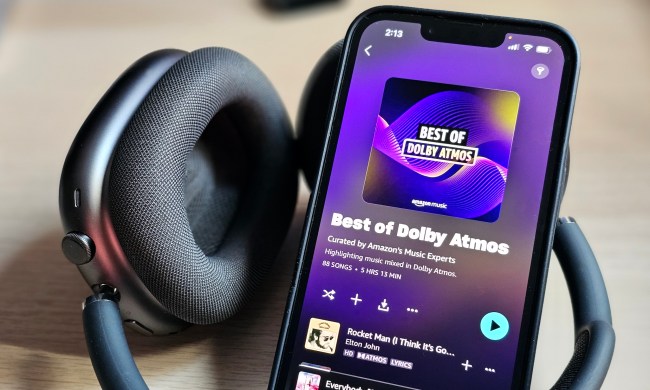
Recently, Samsung indicated that it would be expanding its Music Hub service to reach more countries and more devices. Currently, the cloud-based service is available in seven countries and is exclusive to Samsung’s devices, but it looks like that will soon change.
Though we can’t see entrenched entities like iTunes and Spotify being out-competed in the foreseeable future, Music Hub does offer a comparable experience. The software allows users to meld their personal music cache with a streaming service, capability that had once been a novelty, but is fast becoming standard.
Samsung told The Next Web that compatibility was also a driving force in this decision, which was made in part to streamline the experience for consumers that own a Samsung product, in addition to hardware from other manufacturers.
No word yet on when, where, or exactly how Sammy will expand its service. In fact, we don’t even know whether compatibility is the main concern here, or whether the company is looking to position its service as a true competitor to the big kids on the block.
For us, it would seem that Samsung sees a real opportunity here to diversify its business model and to turn a profit. Modern streaming services are ever-evolving, and consequently, there’s always an opening for an ambitious outfit to shoulder its way into the fray.
For the time being, Music Hub is limited to the Samsung Galaxy S III and Note II, and is little more than a perk for owners of those two devices. But if the company is so inclined, it certainly has the means to make a play for the streaming music market.


